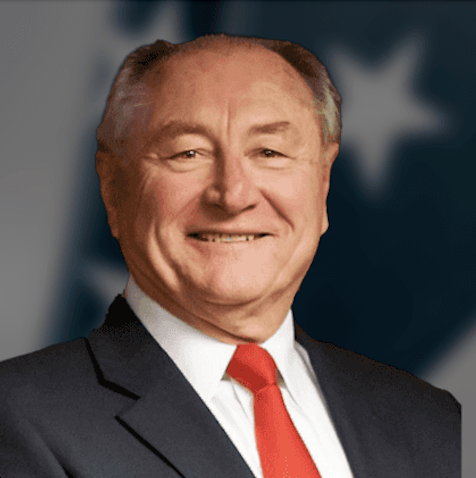
For more than six decades, the city of Pueblo was run by a city manager. But in 2017, voters decided they wanted to end this way of running city government and voted to do things the way most of Colorado’s largest city’s operate. They voted to scrap the city manager position and adopt a strong mayor form of government. For the last nearly four years, Pueblo native Nick Gradisar has been Pueblo’s chief executive. Gradisar’s also tossed his name into the ring seeking reelection.
But whoever becomes Pueblo’s next mayor, Gradisar or any of a handful of other names that have been tossed into the hat, it may be a short-lived job. A number of Pueblo citizens, after just four years, are now petitioning to once again return to a city manager to run things.
The difference between a city manager and a mayor, while in many ways similar, are in many ways a light year apart. For one, a mayor is elected by voters. He or she makes decisions in conjunction with the town’s council. A city manager is appointed by the city or town council. The city council does include a mayor but that person is a member of the council and often performs only ceremonial duties. Over the decades of the city manager system, Pueblo has had both good and forgettable men to hold this job.
Gradisar calls the whole desire to return to the previous form of governing akin to marching backward into the future. “The (city manager) system had stagnated,” he said. Gradisar, a practicing attorney in Pueblo before seeking public office, offered as proof of his claim, the city’s growth over the last sixty years.
When Pueblo adopted a city manager as CEO, “We were the second largest city in Colorado.” In fact, in 1954, the year city government changed, Pueblo’s economy, nourished by a flourishing steel mill and Army Depot providing thousands of good paying, middle class jobs were on an upward trajectory. Today, Pueblo ranks ninth, behind Arvada, Boulder, Colorado Springs and Thornton.
Gradisar says there were a lot of things that conspired to stagnation, including the dramatic downsizing of the steel mill and the virtual disappearance of the Army Depot. But, he said, “No one was really in charge.” He said the various city managers took direction from city council instead of leading. “Most of it (leadership) was made up as we went along.”
Today, Gradisar thinks Pueblo is not only moving ahead but on the precipice of a launch. “Most of the things we’ve wanted, we have been able to move forward on.”
One of the biggest complaints he heard from residents was the conditions of Pueblo’s roads. “We’re making tremendous progress,” he said. As Mayor, he said, the city has spent more than $10 million on upgrading the road system, but there’s still more to do. Federal money from President Biden’s infrastructure legislation will also be earmarked for roads.
While Pueblo lags behind in employment among Colorado’s biggest cities, Gradisar says things are turning up in that area, as well. “Our goal is to create an economy that would allow young people to raise their family here. No young person should have to leave to make a living.”
The city’s economy is benefitting from a healthy bump in sales tax. “Our sales tax (revenue) has increased by $20-plus million a year,” Gradisar said. Groundbreaking on an expanded wind turbine manufacturing operation is scheduled for April. CS Wind, a Korean company, he said, is hoping to make Pueblo the world capitol for manufacturing wind turbine blades. Evraz Steel, the successor to the fabled CF&I Steel Mill, is also growing.
Like other cities, Gradisar says Pueblo is battling an ever increasing homeless population and a growing crime problem. He believes the two are connected.
“People get discharged from the Colorado Mental Health Institute and they stay here,” Gradisar said. Unfortunately, “The outpatient program is not what it should be. They need pretty intensive follow up,” he believes. If not, former patients of the Institute often become homeless and often are linked to crime. “Our focus is on outreach on mental health.” Gradisar says the problem is not without solution and can and will be addressed.
Still, Gradisar believes that Pueblo’s future can be bright. “We’ve got the same problems and challenges as the rest of the state,” citing crime and homelessness as two commonalities. To address the former, he wants to have a fully staffed police department. Recruiting more officers is one of his goals. “We’ve increased starting pay for officers.” But as in other cities, “it’s tough to be a cop.” If the city can solve one problem, there’s no reason, he said, that it can’t figure out a solution for the other.





